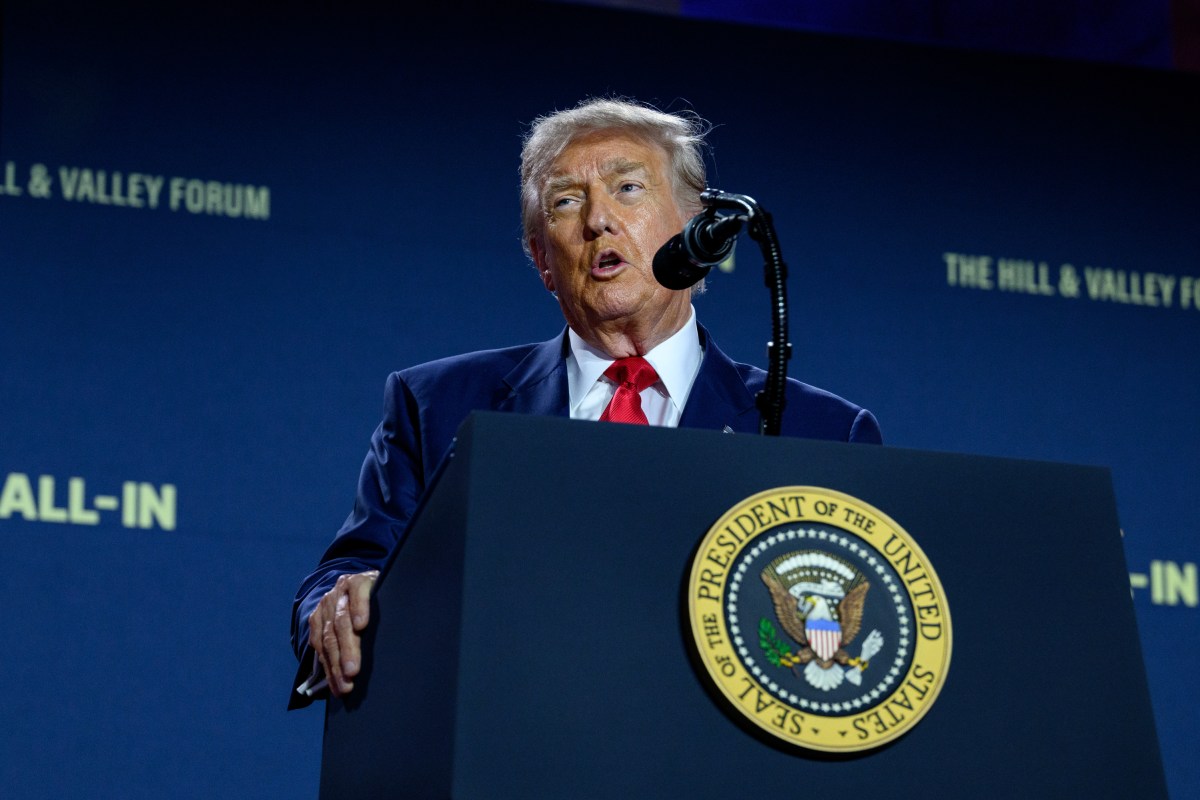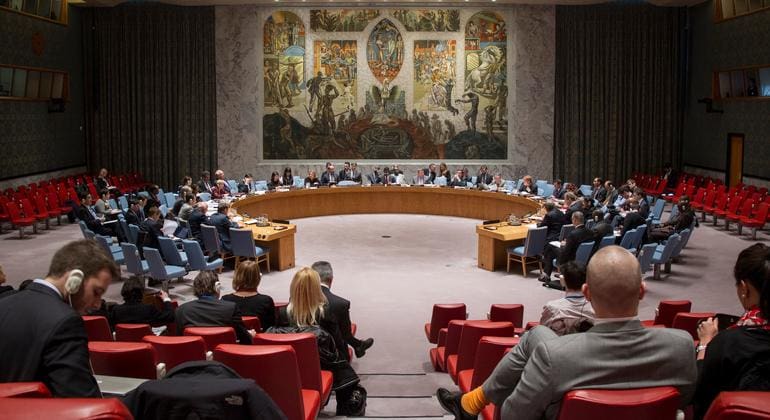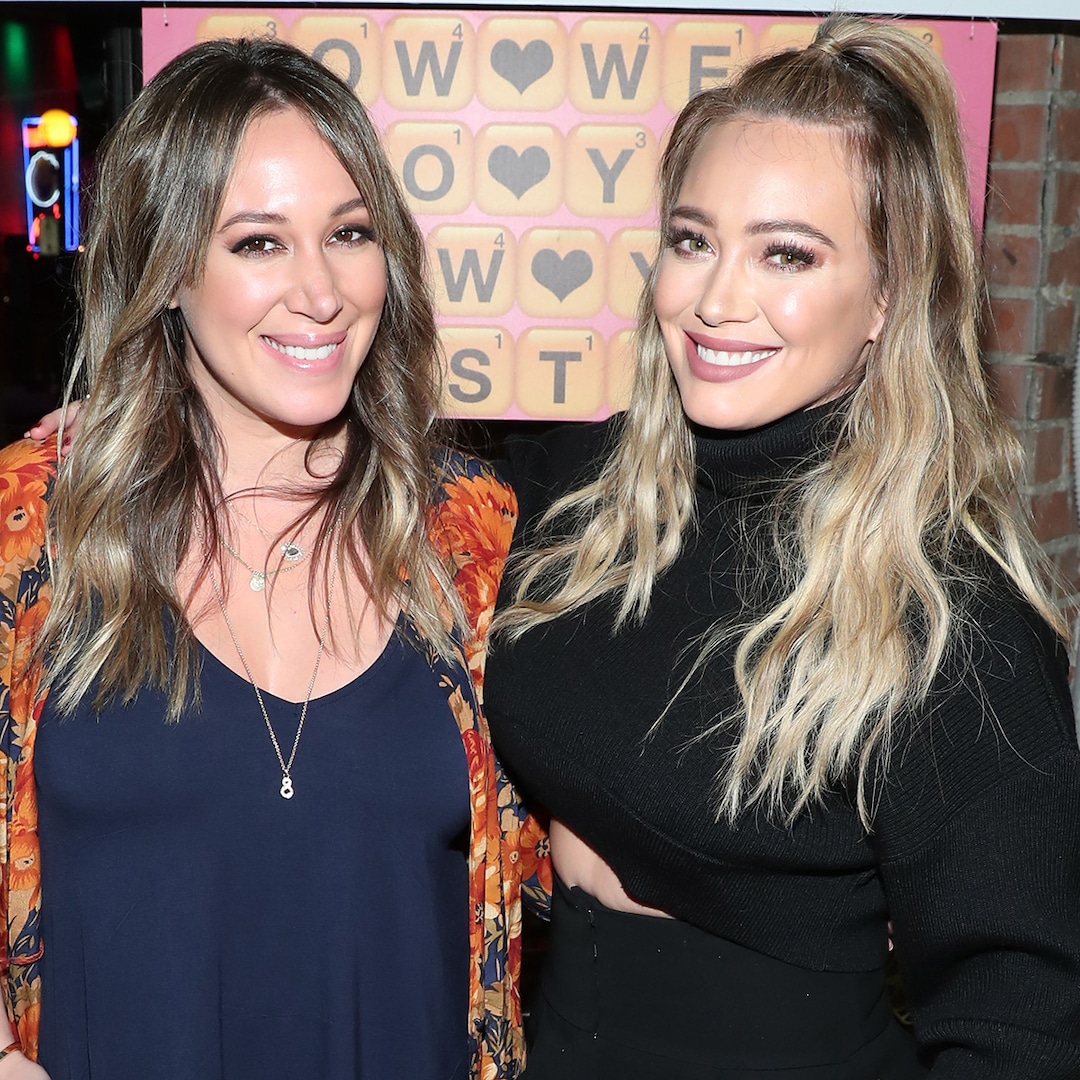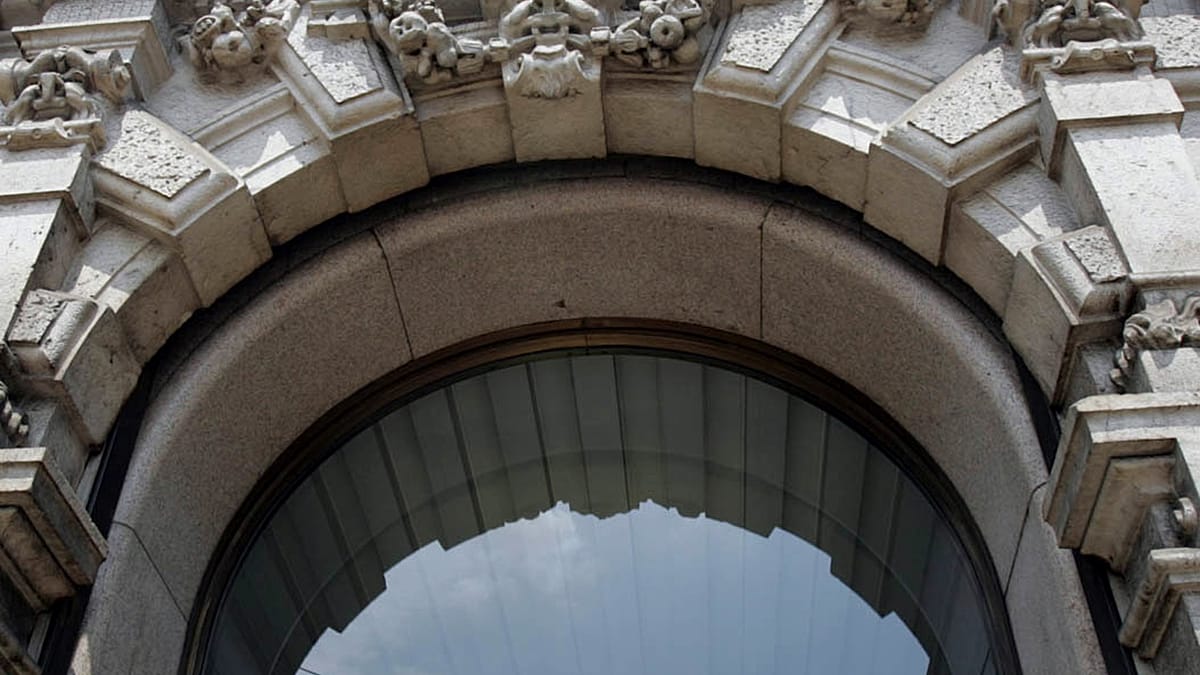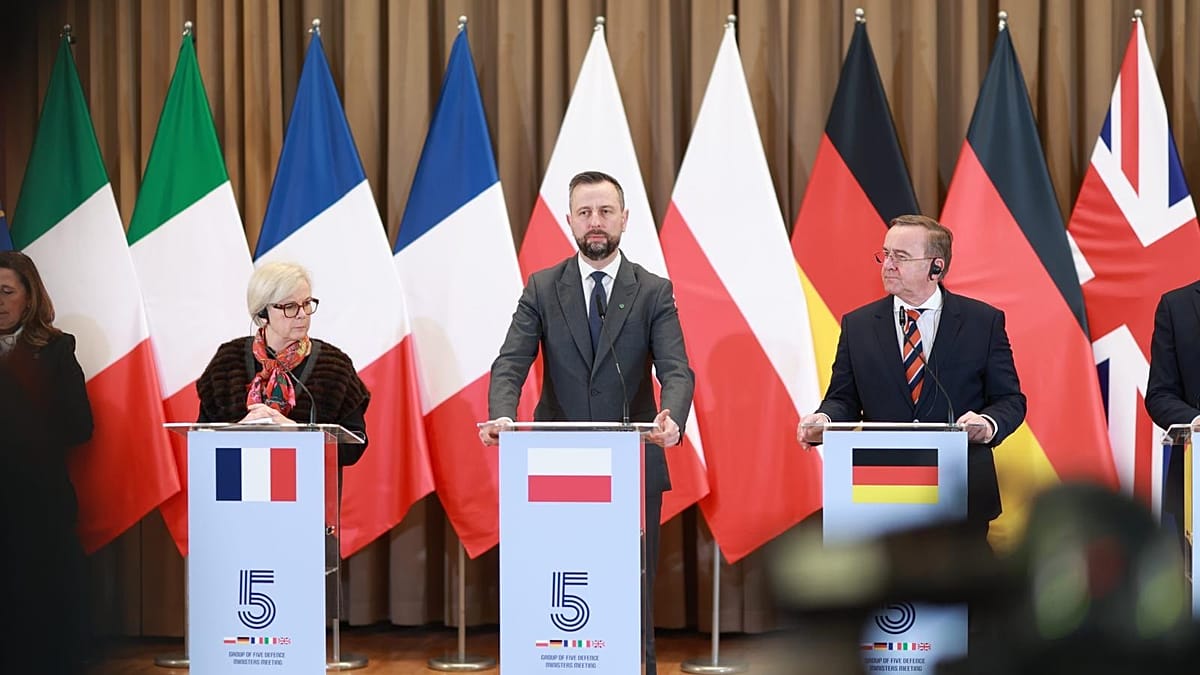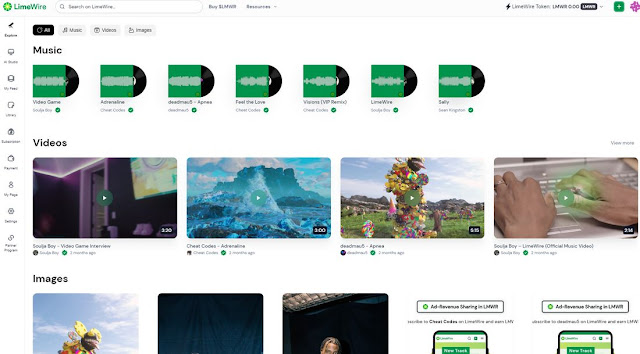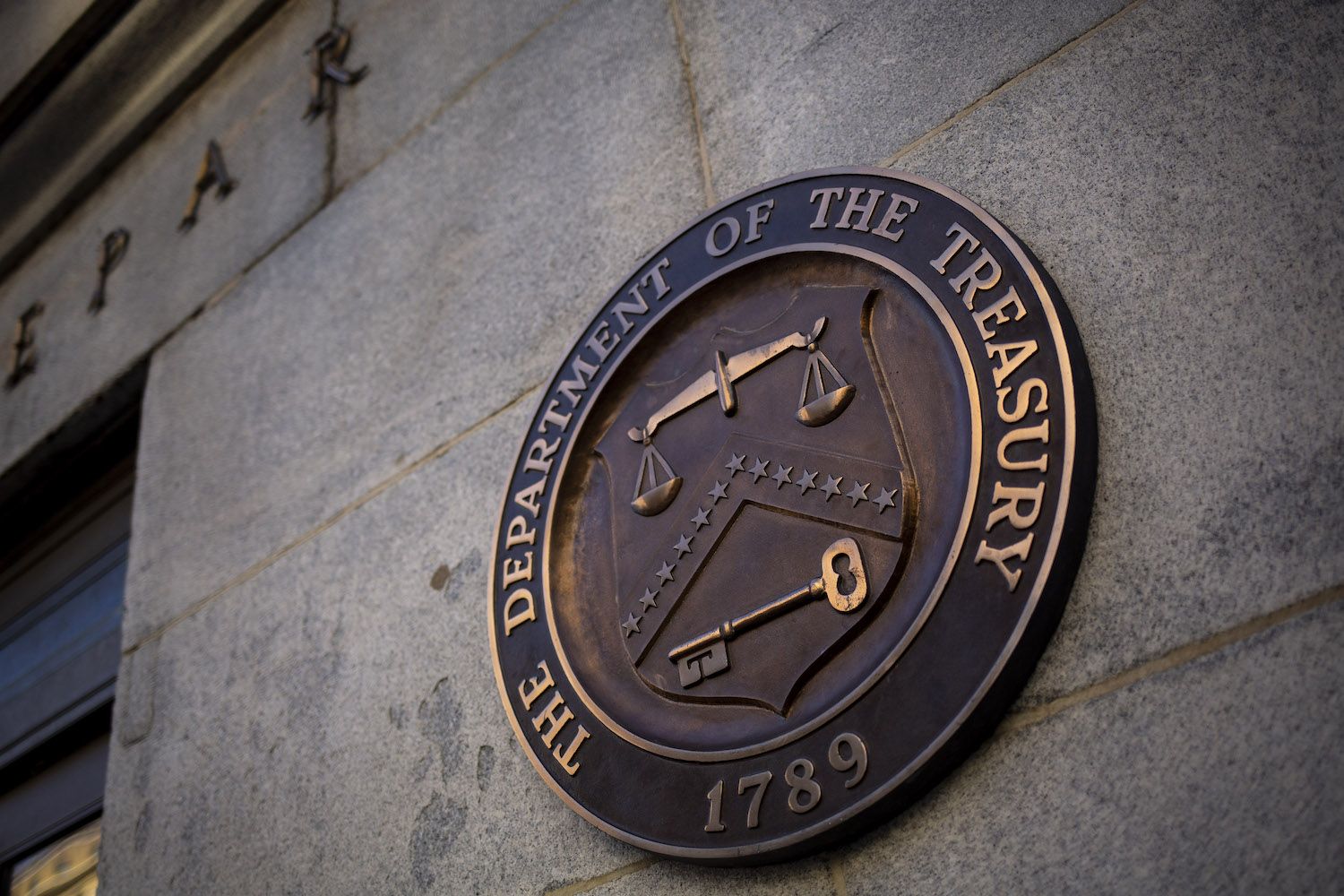Trump's FCC is officially moving to make it easier for internet companies to charge hidden fees

The Republican-led FCC has voted on and approved a proposal that would make it harder for consumers to receive itemized bills with accurate information from their ISPs, as originally spotted by CNET. This proposal revises previous "unnecessary" requirements on the grounds that a fact-based list of charges "may confuse customers."
These changes would minimize the benefit of the so-called "nutrition labels" which are otherwise known as Broadband Facts labels. You've likely run into these simple itemized labels when shopping for a broadband plan. They tell consumers exactly what we are paying for, even if it may "confuse" our fragile little minds.
The FCC passed a notice of proposed rulemaking (NPRM) on October 28 that would significantly scale back the Broadband Facts label. ISPs have been required to publish these labels since April, 2024. All Republican commission members voted to approve the change, while the lone Democrat dissented.
As previously noted, this is technically just an NPRM. So it's not a done deal just yet. There will be a final vote in the near future, but it's expected to pass given the political makeup of the commission.
Once passed, ISPs will no longer be required to read these labels over the phone to customers, make them available in account portals or give a complete accounting of fees to customers. The FCC previously stated that these transparency requirements are "unduly burdensome and provide minimal benefit to consumers." I happen to think that knowing what I'm shelling $100 out for each month to be of maximal benefit. Maybe that's just me.
These labels were initially proposed all the way back in 2016, before being implemented by the Biden administration in 2024. They offer a breakdown of every little thing that goes into a bill for a service plan, including many "hidden fees" that ISPs don't include in advertised plan prices.
It's worth noting that the labels will technically still exist, they will just be harder to find and won't be all that useful. Raza Panjwani, senior policy counsel at New America’s Open Technology Institute, refers to this as a political "two-step." He told CNET that the modus operandi here is to make the labels "less useful" and then say "Oh, look, it's not that useful. We should get rid of it."
Anna Gomez, the only Democrat on the commission, called the proposal "one of the most anti-consumer items I have seen" and expressed extreme displeasure with the results of the vote. “What adds insult to injury is that the FCC does not even explain why this proposal is necessary,” she said. “Make it make sense.”
Despite claims to the contrary by Brendan Carr and the current FCC, consumers actually like these labels. A 2024 study of nearly 5,000 broadband customers found an 85 percent satisfaction rate.
As an aside, Americans pay a lot for internet service when compared to many other countries throughout the world. We pay around twice as much as customers in Europe and most of Asia.This article originally appeared on Engadget at https://www.engadget.com/big-tech/trumps-fcc-is-officially-moving-to-make-it-easier-for-internet-companies-to-charge-hidden-fees-155004909.html?src=rss
